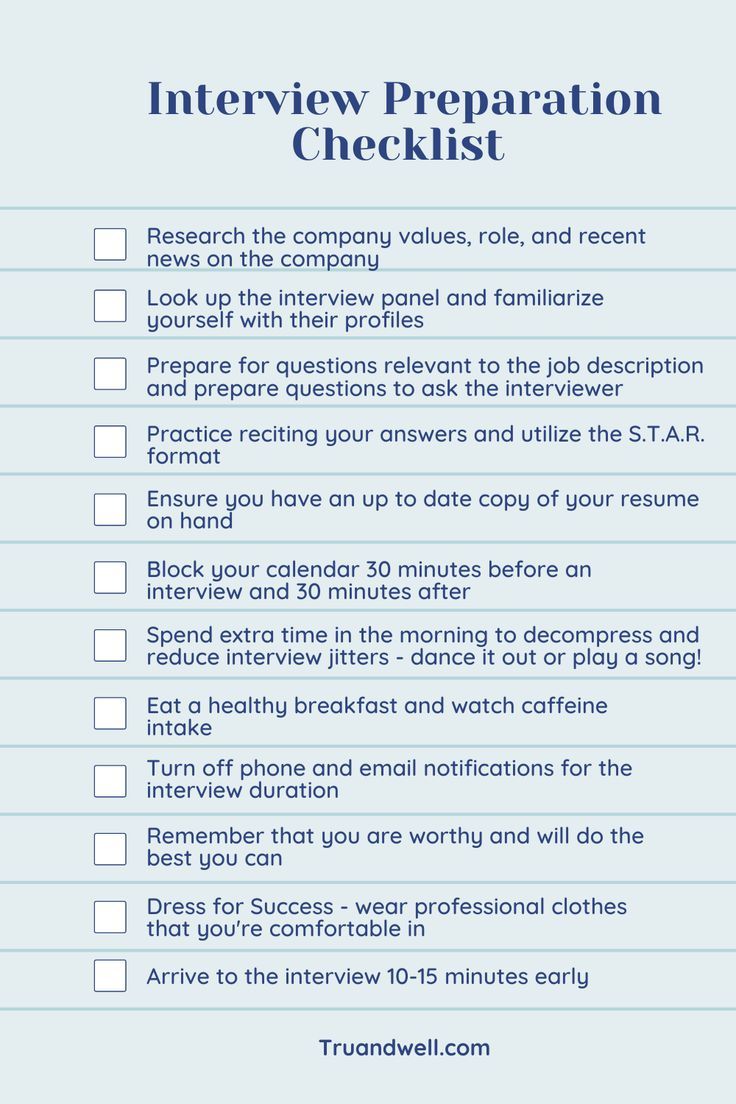OpenAI's 2024 Event: Easier Voice Assistant Creation Tools Unveiled

Table of Contents
Simplified Development Platforms
OpenAI's 2024 event showcased a significant shift towards democratizing voice assistant development. The focus was on creating intuitive and accessible voice assistant creation tools, empowering developers of all skill levels to build innovative voice applications. This was achieved through several key advancements:
-
Introduction of drag-and-drop interfaces for designing voice interactions: Gone are the days of complex coding. The new platforms feature user-friendly drag-and-drop interfaces, allowing developers to visually design conversational flows and integrate various functionalities without writing extensive code. This makes low-code voice assistant development a tangible reality.
-
Pre-built modules for common voice assistant functionalities: OpenAI provides pre-built modules for crucial components like speech-to-text, natural language understanding (NLU), and text-to-speech. These modules streamline the development process, reducing development time and effort significantly. This is a boon for developers focusing on easy-to-use voice assistant tools.
-
Integration with popular development environments and cloud platforms: Seamless integration with existing development workflows is paramount. The new voice assistant creation tools integrate effortlessly with popular IDEs and cloud platforms like AWS, Azure, and Google Cloud, simplifying deployment and scaling.
-
Emphasis on low-code/no-code approaches to development: OpenAI's commitment to no-code voice assistant platform development empowers citizen developers and businesses without dedicated AI teams to participate in the voice technology revolution. This expands the possibilities for innovation within the field. This makes the creation of sophisticated voice assistants accessible even to those with limited programming experience using simplified voice assistant development methods.
Enhanced Natural Language Understanding (NLU)
The accuracy and responsiveness of a voice assistant hinge on its ability to understand natural language. OpenAI's advancements in NLU represent a substantial leap forward in voice assistant creation tools.
-
Advanced algorithms for improved intent recognition and entity extraction: OpenAI's new algorithms excel at accurately identifying user intent and extracting key information from user requests, leading to more precise and relevant responses. This results in improved voice assistant accuracy.
-
Support for multiple languages and dialects: The new platforms support a wider range of languages and dialects, expanding the global reach of voice assistants and making them accessible to a more diverse user base.
-
Enhanced context awareness for more natural and engaging conversations: The improved context awareness allows voice assistants to maintain context throughout a conversation, leading to more natural and engaging interactions. This is crucial for creating a truly user-friendly experience. This significantly improves natural language understanding for voice assistants.
-
Improved handling of complex queries and ambiguous user input: The system now handles nuanced queries and ambiguous inputs with greater proficiency, minimizing misunderstandings and ensuring more accurate responses. This is a critical component of robust and reliable advanced NLU.
Improved Speech Synthesis and Recognition
Creating a truly engaging voice assistant requires high-quality speech synthesis and recognition. OpenAI's latest advancements in this area significantly enhance the user experience.
-
More natural-sounding synthetic voices with improved intonation and emotional expression: The new speech synthesis capabilities generate more human-like voices with improved intonation, pacing, and emotional expression, making conversations feel more natural and less robotic. This delivers a natural-sounding voice assistant.
-
Advanced noise cancellation and echo reduction for clearer speech recognition: Improved noise cancellation and echo reduction algorithms ensure clearer speech recognition even in noisy environments. This significantly improves the reliability and accuracy of accurate voice recognition technology.
-
Support for various accents and speaking styles: The enhanced speech recognition system supports various accents and speaking styles, making the voice assistant more inclusive and accessible to a wider audience.
-
Improved speech recognition accuracy in noisy environments: The platform boasts improved accuracy in noisy environments, a crucial factor in real-world applications. This further enhances the overall usability and effectiveness of improved speech recognition.
Accessibility Features and Inclusivity
OpenAI is committed to creating voice assistant creation tools that are accessible to everyone. This commitment is reflected in several key features:
-
Support for various assistive technologies: The platform incorporates support for various assistive technologies, ensuring accessibility for users with disabilities.
-
Options for customizing voice characteristics to suit individual needs: Users can customize voice characteristics such as speed, pitch, and tone, allowing for personalized experiences.
-
Focus on creating inclusive voice interfaces: OpenAI is actively working to create inclusive voice interfaces that cater to the needs of diverse users.
Conclusion
OpenAI's 2024 event marked a significant milestone in the evolution of voice assistant creation tools. The unveiled platforms and enhancements dramatically simplify the development process, making it accessible to a broader range of developers. With improved NLU, advanced speech synthesis, and a focus on inclusivity, the future of voice technology looks brighter than ever. Ready to build your own voice assistant? Explore OpenAI's new voice assistant creation tools today and unlock the potential of conversational AI!

Featured Posts
-
 Land Your Dream Private Credit Role 5 Crucial Dos And Don Ts
May 04, 2025
Land Your Dream Private Credit Role 5 Crucial Dos And Don Ts
May 04, 2025 -
 Investing In Scotlands Future Seagrass Restoration Through Targeted Bids
May 04, 2025
Investing In Scotlands Future Seagrass Restoration Through Targeted Bids
May 04, 2025 -
 Verstappen Welcomes First Child Before Miami Grand Prix
May 04, 2025
Verstappen Welcomes First Child Before Miami Grand Prix
May 04, 2025 -
 Nuggets Warriors Game Nbas Reaction To Russell Westbrooks Strong Performance
May 04, 2025
Nuggets Warriors Game Nbas Reaction To Russell Westbrooks Strong Performance
May 04, 2025 -
 Seagrass Restoration Bids And Projects Along Scotlands Coast
May 04, 2025
Seagrass Restoration Bids And Projects Along Scotlands Coast
May 04, 2025
